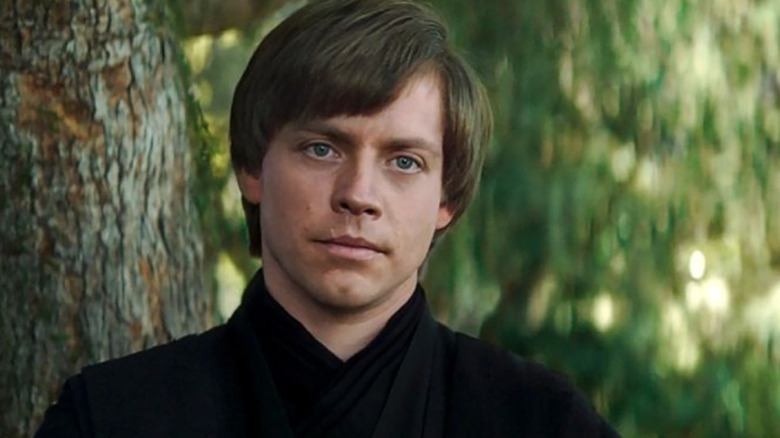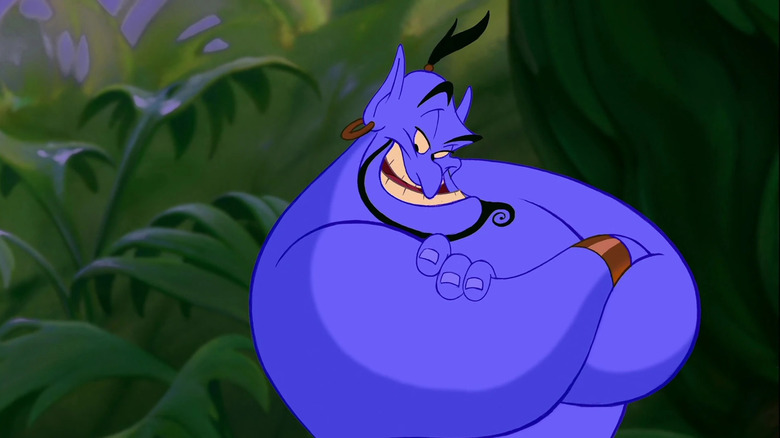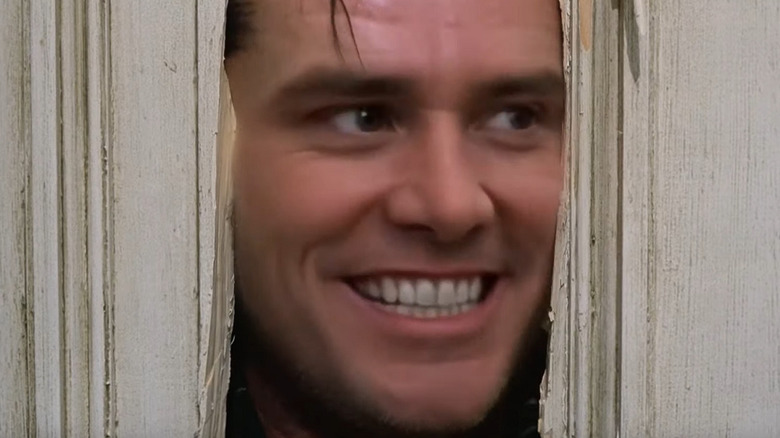Metaphysic, Hollywood's Hottest A.I. Company Is Trying To Eliminate Likeness Abuse Loopholes
A.I. isn't going away anytime soon, and as technologies continue to advance, the opportunities for nefarious usage grow. It was only a few weeks ago that many were fooled by A.I.-generated photos of disgraced, twice-impeached former president Donald Trump being arrested, or the faux-images of Pope Francis in his sickest drip: a white puffer coat. While these moments of foolishness were relatively harmless, we're already seeing disturbing abuses of this deepfake technology. Take for example Brandon 'Atrioc' Ewing, a Twitch streamer who was caught possessing pornography featuring deep-faked likenesses of streamers he knows in real life.
Fortunately, one of the pioneers in the field is using himself as a guinea pig to try and close the easily exploited loopholes that currently exist by becoming the first person to file for copyright registration of A.I. likeness, creating new rights for digital property.
"Generative A.I. can create content that looks and feels real, and regular people's avatars can be inserted into content by third parties without their consent. This is not right, and we should never lose control over our identity, privacy, or biometric data," said Thomas Graham, CEO of Metaphysic. "I hope that copyright registration of the photo-realistic A.I.-generated version of myself will increase my ability to take action against unauthorized A.I. impersonations of myself in the future."
Metaphysic is the company being used by Robert Zemeckis to de-age his actors in real-time for "Home," and is quickly becoming Hollywood's go-to service for A.I.-generated likeness replication. Graham continued, saying, "We all need to work hard to ensure that future laws and regulations strengthen individual's rights and protect vulnerable members of society."
How this impacts Hollywood
"Maintaining data ownership and protecting individuals' rights will be critical to the mass adoption of A.I. technologies," a representative for Metaphysic said in a statement. "This initial process of registering copyright in [Thomas] Graham's A.I. likeness provides a framework for how other individuals and public figures can take steps to protect their identities, performances, and brands."
Shortly after the untimely passing of beloved comedian Robin Williams, it was made public that part of his will included the restriction of his name, signature, image, and likeness for 25 years following his death, including digital recreations. In 2015, this was seen as a trailblazing decision and inspired many celebrities to include the same clause in their own last wishes. But what about people who are still alive? That's the problem Metaphysic looks to solve.
If Graham is successful in copyrighting his A.I. likeness, that would add a new avenue of digital protection, preventing public figures, celebrities, brands, etc. from being manipulated without their consent. While the obvious result would be in preventing inclusion they would never agree to in the real life, it also allows for proper compensation if their likeness is sought after. Additionally, folks would also have a sense of control over what their A.I. looks like if they're willing to grant access to third parties.
The decision to pursue the copyright is based on both Graham and Metaphysic's interpretation of current law in the United States that as A.I. likeness is a human-made work, "it qualifies for copyright protection within the meaning of the U.S. Copyright Act of 1976, as amended, and accordingly, registrable with the U.S. Copyright Office."
Bringing the law up to speed
Thomas Graham recorded a three-minute video on a phone as a means to capture his likeness, voice, and biometric data before Metaphysic created an A.I. avatar of him, which has been submitted for copyright. I've seen the video, and short of a lack of eye contact with the camera, the resemblance is almost seamless.
Unfortunately, it's not yet clear whether or not the likeness will be approved for copyright, or, as they noted in their statement, "to what extent registering copyright in an A.I. likeness will give individuals rights and remedies against third parties that infringe such copyright." Meaning, we're entering uncharted territory, but the results could be monumental for the industry.
Personally, this sounds like an absolute game-changer for a landscape that is getting scarier and more dangerous with every new advancement. Sure, there's an inherent benefit for Metaphysic as this new ability to copyright would allow their company to continue to thrive, but this seems like a net positive for anyone at risk of having their likeness manipulated without their consent.
Of course, individual rights and situations will vary from person to person and nothing stated in this article can be used as legal advice, but if you're a YouTuber making a career deepfaking celebrities for comedy sketches, it might be time to pivot elsewhere.


